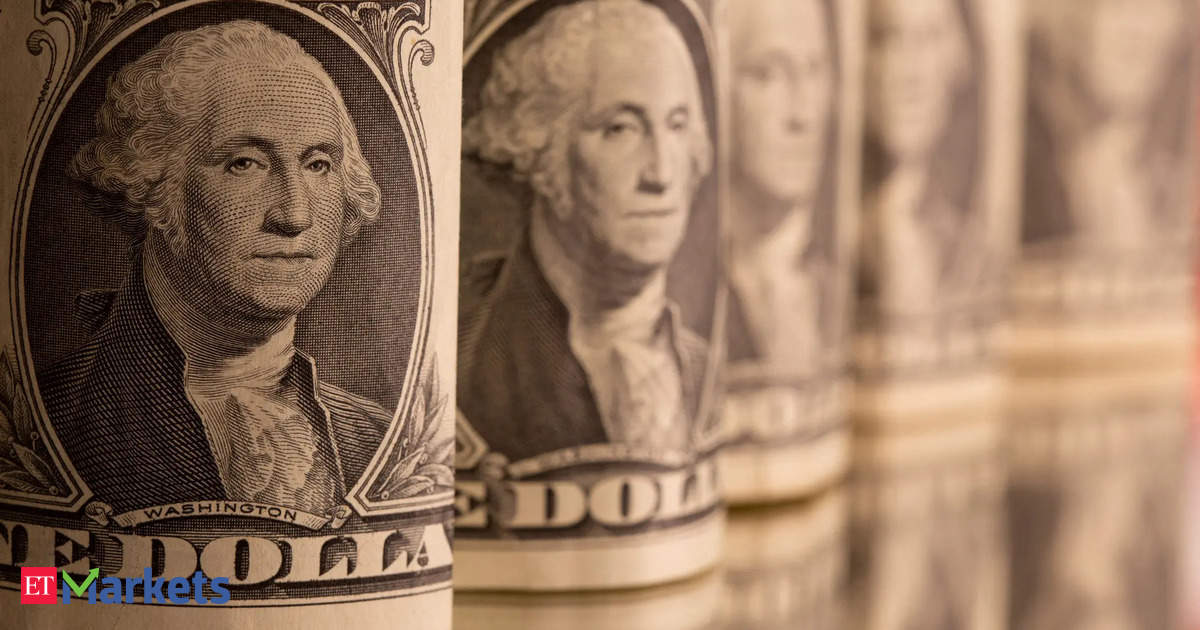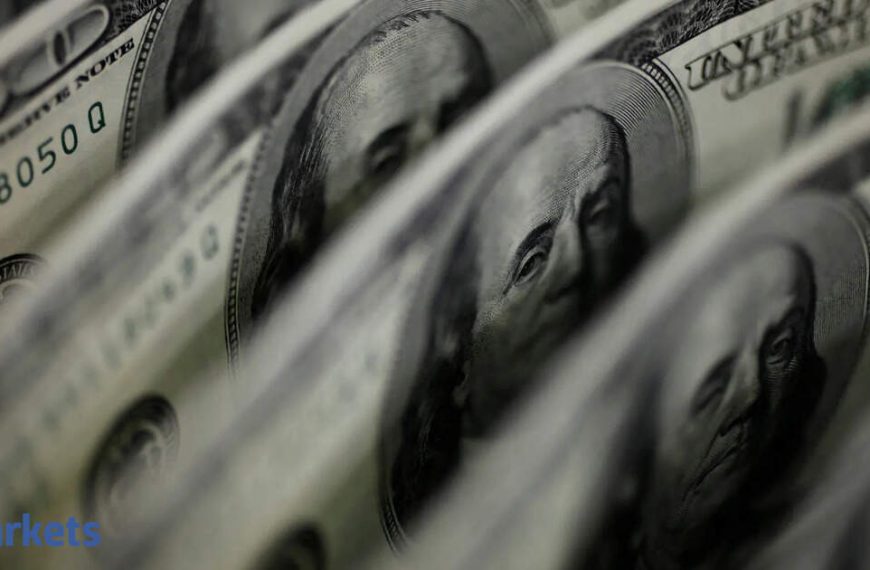The Japanese yen surged to its highest level in two and a half months on Friday, propelled by a significant rise in inflation figures from Japan. Meanwhile, the US dollar faces the prospect of a third consecutive weekly decline as market participants reassess the impact of Donald Trump’s second term on trade tariffs. The yen surpassed the critical resistance point of 150 per dollar, reaching as low as 149.285 in the Asian morning hours, following news that core inflation in Japan hit its fastest pace in 19 months.
Yen Strengthens Amid Rising Inflation
Japan’s inflation report revealed a 3.2% increase in the core consumer price index for January, surpassing expectations of 3.1%. This unexpected rise in inflation strengthens the argument for a potential increase in interest rates in Japan, especially as many other global economies are considering cuts. As a result, the yen has appreciated by 3.6% against the dollar this February.
- Key points:
- Yen reached 149.285 against the dollar.
- Japan’s core inflation at 3.2%.
- Yen’s gain of 3.6% in February.
Dollar Facing Challenges
The US dollar is struggling, particularly as traders who had heavily invested in long positions begin to retreat. Jason Wong, a strategist at BNZ, emphasized that the market is reacting to Trump’s inconsistent tariff policies, particularly the 10% tariff imposed on Chinese goods. Despite some optimism surrounding a possible trade deal with China, many traders are becoming wary.
- Market Insights:
- Dollar index recently hit a low of 106.29.
- Traders are pulling back from long positions.
- Trump’s comments are creating mixed signals in the market.
Other Currency Movements
The euro also gained ground, rising 0.8% overnight and stabilizing around $1.0498 as traders anticipate a conservative coalition win in the upcoming German elections. Meanwhile, both the Australian and New Zealand dollars are trading at their highest levels this year, supported by comments from Treasury Secretary Scott Bessent about not expanding long-term debt sales.
- Highlights:
- Euro trading at $1.0498.
- Australian dollar reached $0.6404.
- New Zealand dollar touched $0.5772.
Future Outlook
As the market continues to digest these developments, investors are keenly awaiting the release of the purchasing managers’ index (PMI) indicators later today, which could further influence currency valuations. The dynamics surrounding Trump’s administration and its approach to international trade will remain a focal point for traders, impacting the dollar’s trajectory in the coming weeks.
In conclusion, with the yen’s rise fueled by inflation data and the dollar facing headwinds from uncertain trade policies, it’s an exciting time for forex traders to stay informed and agile in their strategies.











